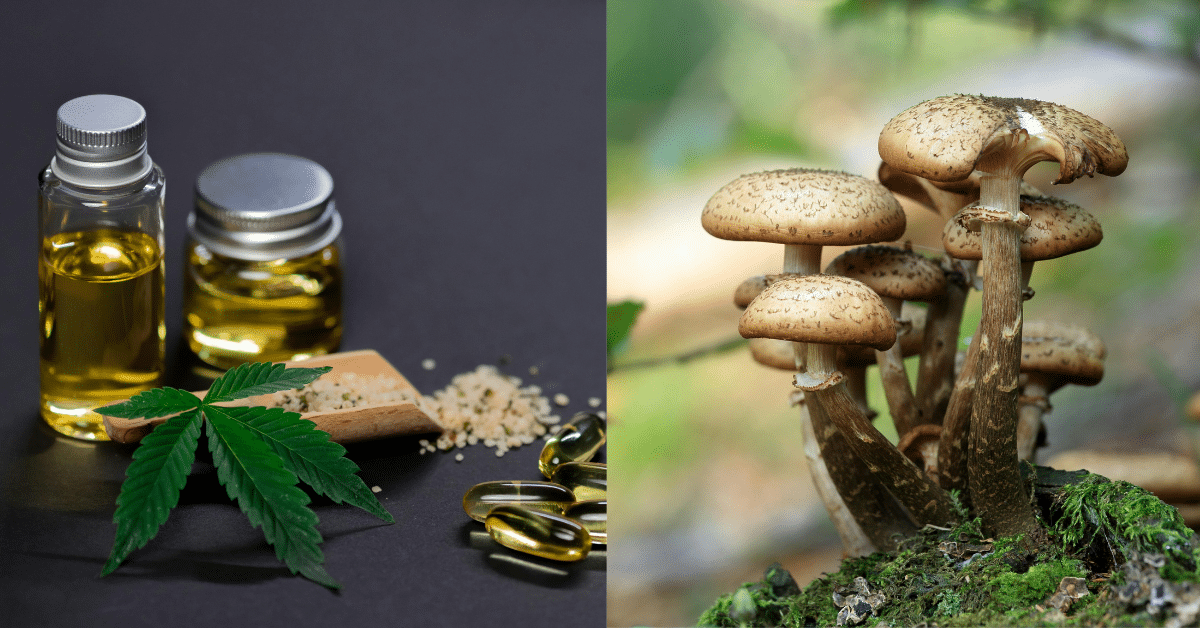Come October of this year, the Canadian recreational cannabis market can expect a flood of new products. And while the Canadian government has only released draft guidelines as of yet, it’s already clear that licensed producers will need to comply with a number of regulations when creating, packaging, and marketing their products.
The edibles market in Canada and the U.S. is expected to quadruple[1] in the next few years, reaching an estimated $4.1 billion per year by 2022. Even more compelling is the global market, expected to surge to $32 billion annually. It’s not surprising, then, that big alcohol brands have been among the first to show interest in the edibles arena. As we’ve previously discussed on the blog, Molson Coors has partnered with The Hydropothecary Corporation, and more recently Labatt and Tilray have partnered on a $50 million study into developing non-alcoholic Cannabis beverages.
If you’re thinking about entering the edible cannabis sector, here is the key information you’ll need to know.
What will be legal come October 17, 2019?
Health Canada will be introducing 3 new cannabis licence categories, divided into the following 6 categories[2]:
- Edible Cannabis (solid)
- Edible Cannabis (beverage)
- Cannabis extract (ingested)
- Cannabis extract (inhaled)
- Cannabis extract (concentrated THC)
- Cannabis topical
What are the regulations?
Health Canada’s proposed guidelines are thorough, and in many cases closely align with existing food and beverage regulations. At a glance[3]:
- THC levels will be strictly limited to 10 mg per package. Meaning, a package could contain one brownie with 10 mg of THC, or 5 cookies containing 2 mg each.
- No added vitamins or minerals, alcohol (other than ethyl alcohol necessary for tinctures), or nicotine. Limited caffeine is allowed, but only in the naturally-occurring form found in coffee, tea, or chocolate.
- Packaging must be child-resistant, and the design cannot be appealing to children. Companies cannot make claims about the product’s health benefits, and the labels must contain the standard cannabis symbol, a health warning, and the CBD/THC content.
- Products must be shelf-stable, and therefore cannot require freezing or refrigeration.
- Manufacturing guidelines are still being decided, but what is clear is that facilities will need to be able to provide assurance that there is no cross-contamination between cannabis and non-cannabis products. For example, the production of edible cannabis at a site where conventional food products are also being manufactured for sale would only be allowed if the edible cannabis was being produced within another building within the licensed site, or perhaps in different production areas with separate ventilation.
- Existing health and safety guidelines pertaining to food, beverage, and cosmetics will directly apply to these new cannabis products. Also, existing health and safety regulations that apply to licence producers (LPs) will apply to new cannabis licensees who are planning to manufacture cannabis products.
What’s trending in the industry so far?
We’ve previously mentioned on the blog the extent to which M&A activity is poised to significantly influence the Canadian cannabis market. We project that the introduction of these 6 new categories will further this trend. We’ve seen it already in the case of big alcohol partnering with licensed producers, and it’s likely that other body care and food product companies will begin similar joint ventures and acquisitions. Smaller operations could potentially succeed at this game, but larger players may have a head start.
How can my company gain an advantage?
With the regulatory landscape continually changing, it’s crucial for cannabis companies to have the support of an informed business advisor. Connecting with a team like Zeifmans not only provides the compliance and tax planning services you’d expect, but also expertise in developing business plans, corporate structuring, securing financing, and even taking your company public in the future.
As subject matter experts in the area of cannabis business, we’re founding members of Nexia International’s Global Cannabis Team. Our experience working with cannabis start-ups has taught us that the key to success is crafting detailed plans for the future that are solid enough to support a growth infrastructure, but flexible enough to pivot and accommodate new developments and regulations within the industry.
For more information on how Zeifmans can help your business, contact us today.
[1] National Post, “Future of food and drink: 2019 will pack a cannabis-infused buzz”, https://nationalpost.com/life/food/future-of-food-and-drink-2019-will-pack-a-cannabis-infused-buzz
[2] Government of Canada, “Proposed regulations for additional Cannabis products”, https://www.canada.ca/en/health-canada/services/drugs-medication/cannabis/resources/proposed-regulations-edible-cannabis-extracts-topicals.html
[3] Canada Gazette, “Regulations amending the Cannabis regulations (New classes of Cannabis)”, http://gazette.gc.ca/rp-pr/p1/2018/2018-12-22/html/reg4-eng.html



